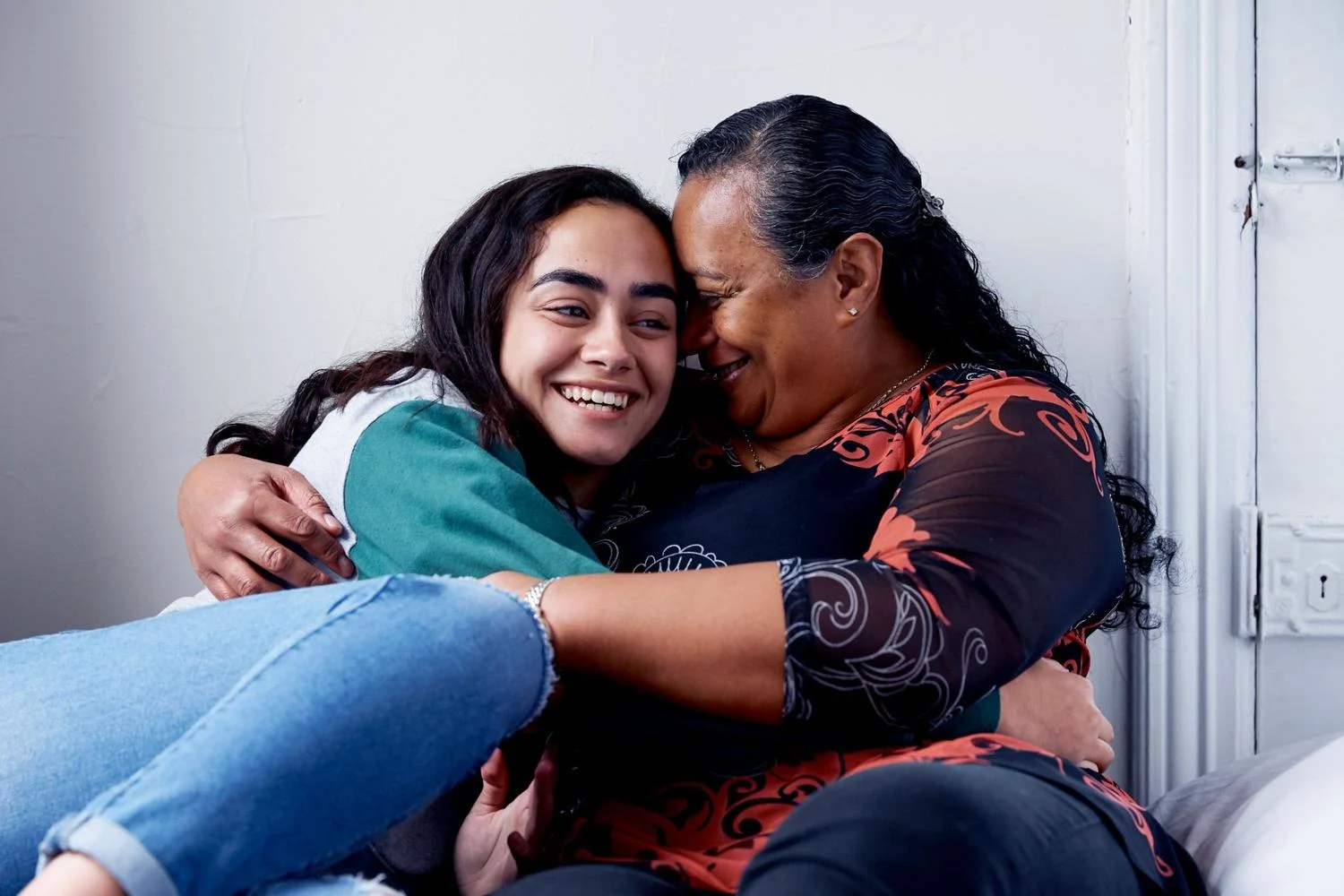Supportive parenting and teenagers
There are a number of things that you can do to be a supportive parent to your child. If you'd like to understand more about the importance of being a supportive parent, read our fact sheet on supportive parenting and teenagers.
Otherwise, see below for our supportive parenting tips.









